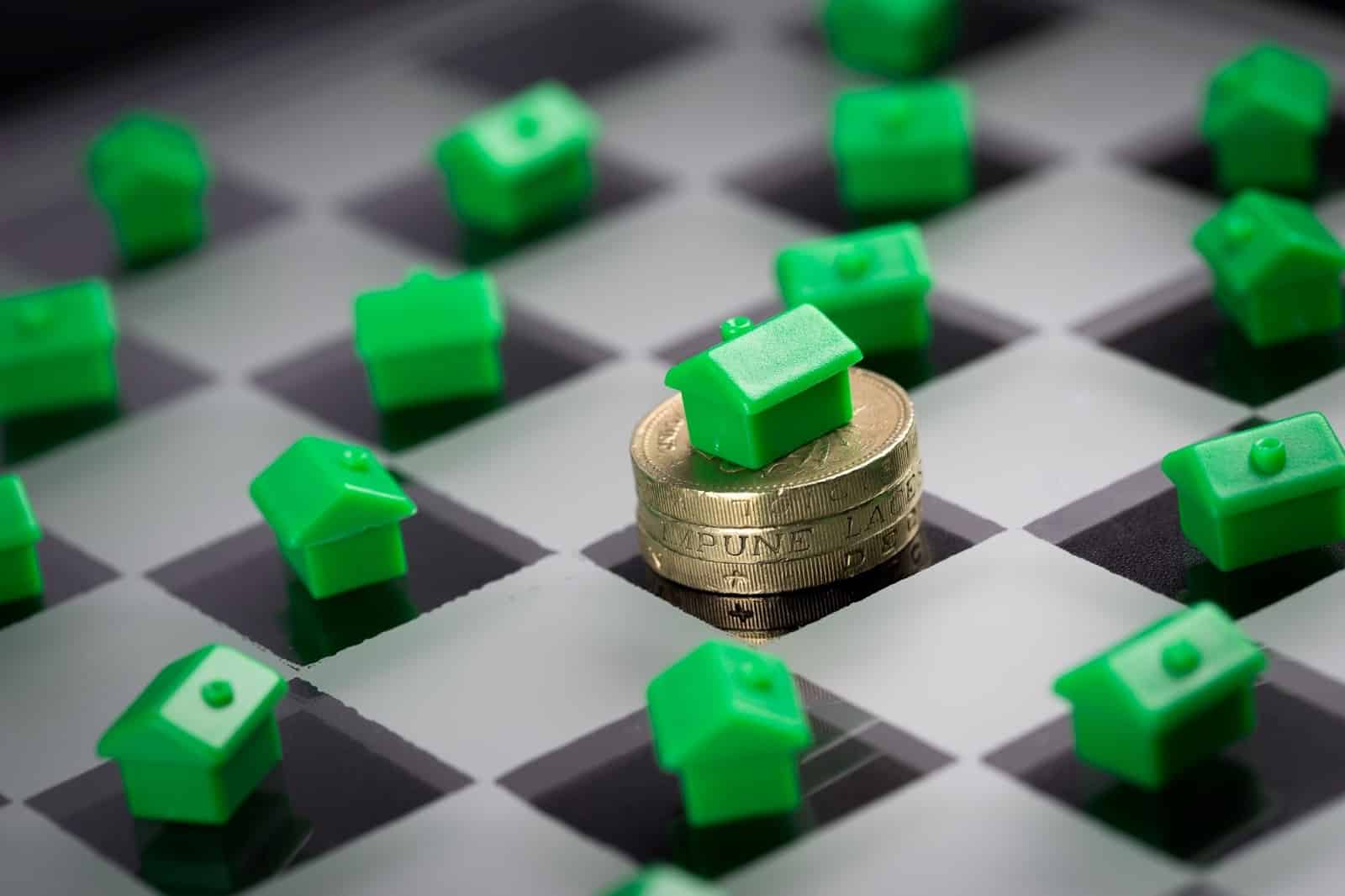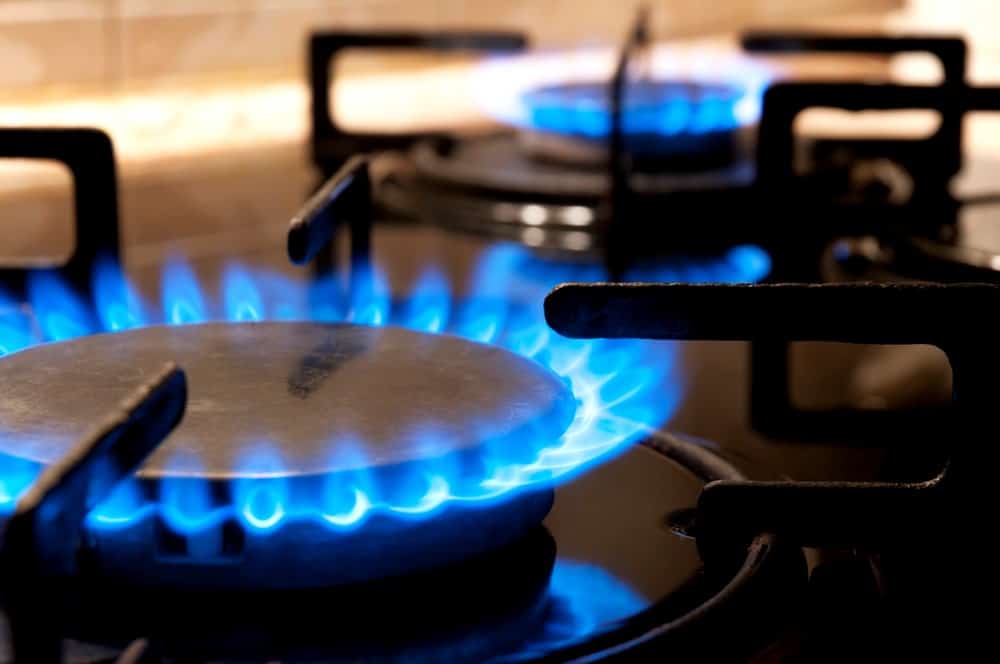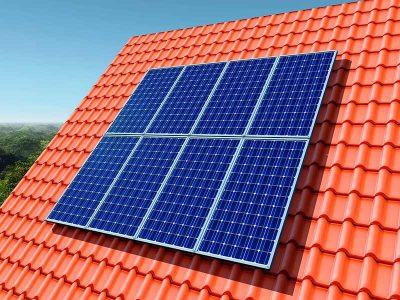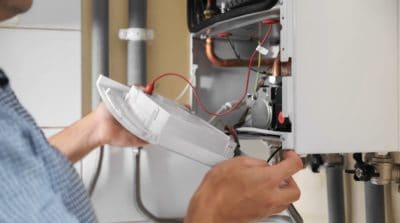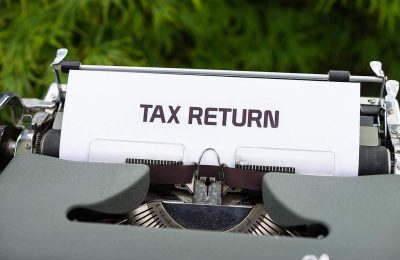With an estimated 86% of UK households reliant on gas for heating their home, the rising costs of energy sources is looming over everyone. The trick today is to consider effective ways to cut household budgets and remain eco-conscious in the process – no easy feat.
As we hear more about the effects of global warming and the steps we can take to do our bit in reducing our carbon footprint, it’s no surprise that more of us are attracted to renting a property that can help us live more sustainably and with lower bills.
Landlords who want to upgrade their rental properties to be more energy-efficient should read on for some tips on how to do just that, and why doing so now could be beneficial.
Why now is the time to go green
The Scottish Government plans to introduce a minimum Energy Performance Certificate (EPC) rating of C at change of tenancy from 2025, and all properties will need to reach a minimum of C grade by 2028. As EPC is required on all rentals, for those already in the market, making these changes now will ensure you’re ahead of the legislation and protected against any fines.
Tenants are seeking energy-efficient homes, and studies suggest that one in ten private renters would remain in their property for a longer period of time if the landlord made environmentally friendly changes. They would also pay more in rent for certain changes such as new windows, an upgraded boiler and heating system, or renewable energy systems such as solar panels. While updating a rental property can mean shelling out money upfront, it’s an investment into your property portfolio and your contributions to reducing carbon emissions, and it can result in your rental home being more desirable to tenants.
Upgrade windows or install double glazing
Upgrading windows and installing double glazing offers numerous benefits for property owners: it reduces heat lost to the outside, lowers energy bills and keeps homes warm during the winter months. But they are also well known for making a home more energy-efficient. Secondary glazing is slightly different and cheaper to install. It is often added as a temporary solution and just means that an extra layer of glazing is installed to a current single-glazed window. And, while they both do a great job in retaining heat in your home, (and increase your property’s energy-efficiency), double-glazing is twice as effective as secondary glazing at stopping heat escaping from a home.
Homes can lose as much as 10% of their heat through windows, but double, secondary or triple glazing can reduce this to keep your home warmer in the winter but also cooler in the summer by acting as an insulator against the sun. Double glazing also increases the value of your property, should you choose to sell in the future.
The amount of heat retained by additional glazing also depends on the Window Energy Ratings (WER) of your home. Glass panes are rated from A-G and an ‘A’ rating has a higher energy-efficiency than those rated ‘G’.
In Scotland, it is worth remembering that your local authority has a building standards office who you will need to consult first to see whether you need a building warrant for your new windows.
Update fossil fuel appliances to eco-friendlier models
Features such as fireplaces can elevate a home and make it feel more unique, inviting and special. But they can also bring down the efficiency of the property, such as in the case of gas or coal fires that require the use of fossil fuels. Switching to an electric fireplace provides landlords with a cost-effective and emission-free alternative that retains all the charm of a traditional feature fireplace, but without the environmental risks.
Insulate the home
Insulating your property may be a considerable upfront investment, but it is one worth making to keep your home energy efficient and warmer for tenants. Insulation can last for several decades and it can help to attract a higher rental value. Heat can escape from all directions, including the walls, roof and floor, so you need to insulate the whole ‘envelope’ to prevent heat transfer from all areas of the property.
Change to an eco-friendly heating system
Is your boiler due an upgrade? As the landlord, the responsibility to keep these aspects of the home up to date falls to you. But if you’re looking into a new boiler, why not change to an energy-efficiency option? Biomass boilers and heat pumps, for example, are eco-friendlier alternatives for your home that run off of renewable energy to lower the carbon footprint of the property and boost your eco credentials as a landlord and property owner.
Get a smart meter
An innovative upgrade to the classic gas or electricity meter, smart meters automatically send your readings to your energy supplier and also make it easy for tenants to see just how much energy they’re using on a daily basis by supplying near-real time data, so they can make changes accordingly. Using technology such as this can make a considerable impact on the energy efficiency of the property, but smart meters are also more convenient for tenants since there’s no more worry around estimated bills, which can make renting a home much more appealing for interested parties.
The little things add up
Knowing which energy efficiency measures to implement for the best value can help landlords to make impactful, effective changes. It also makes running a home cheaper, which can help to make a rental property a more appealing option for prospective tenants.
